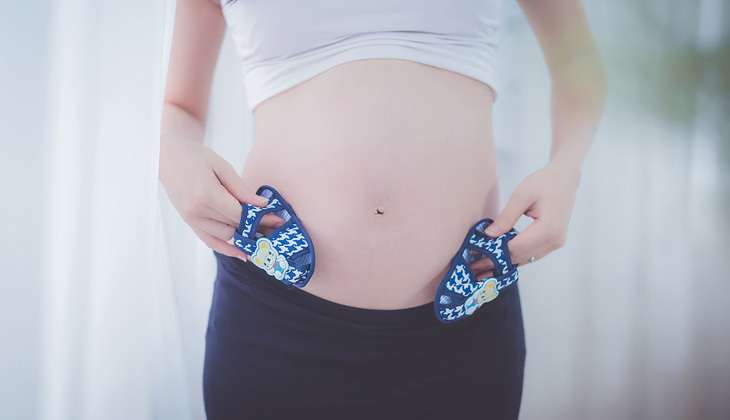Get Our Help
Speak with us, lets understand what is best for you.
8004 6666 51
What is a pregnancy test?
There are two main types of pregnancy tests — urine tests and blood tests. Often, you’ll take a urine test at home with a home pregnancy test. This type of test is available over the counter (you don’t need a prescription from your healthcare provider) and in a variety of price ranges. Blood tests to check for pregnancy happen in your healthcare provider’s office and involve giving a sample of your blood. The other way to confirm a pregnancy is by using an ultrasound. Your provider performs an ultrasound in their office

From the very beginning of pregnancy, your body starts to go through changes to support the cells that will develop into your baby. One thing that happens very quickly is the production of HCG. If you’re pregnant, your body starts to produce more HCG. Your HCG levels start to build up once the fertilized egg implants in the uterus — about six to 10 days after conception.
Pregnancy tests look for an elevated amount of HCG. Levels of HCG rise quickly – doubling every few days in the first weeks of pregnancy. The placenta produces HCG. Only pregnant people have a placenta, which develops shortly after a fertilized egg attaches to your uterine wall.
If you think you could be pregnant, it’s a good idea to take a test and make sure. Home pregnancy tests can differ in how early they’ll detect a pregnancy. In many cases, you might get a positive result from an at-home test as early as 10 days after conception. For a more accurate result, wait until after you’ve missed your period to take a test. Remember, if you take a test too soon, it could be negative even if you’re pregnant. If you get a negative test and then miss your period, take another test.
In general, the best time is when you have your first morning pee. However, some pregnancy tests are sensitive enough to detect HCG no matter what time of day you take the test. When possible, try to wait until it’s been three hours since your last pee before you take the test. You could also take two pregnancy tests to confirm you get the same result.


